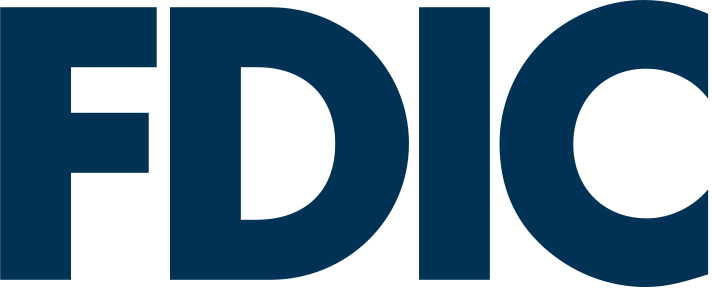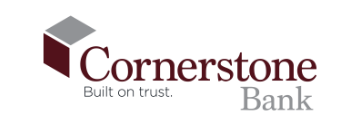In a world where financial stability can be challenging, knowing how to budget effectively is a fundamental skill that can empower you to take control of your finances. It helps you understand where your money goes, ensures you live within your means, and sets the stage for achieving your financial goals. Whether you're saving for a home, paying off debt, or planning for retirement, a well-structured budget is your roadmap to financial success.
Choose a Budgeting Plan
The first step in effective budgeting is choosing a plan that suits your lifestyle and financial goals. Two popular methods are the envelope method and the zero-based budget.
The Envelope Method: This traditional approach involves allocating cash into envelopes for different spending categories such as groceries, entertainment, and transportation. Once the cash in an envelope is spent, you can't spend more in that category until the next budgeting period. This method is highly effective if you prefer a tangible way to manage your money and avoid overspending.
The Zero-Based Budget: This method requires you to allocate every dollar of your income to specific expenses, savings, and debt payments until your income minus expenses equals zero. This approach ensures that every dollar has a purpose, helping you stay on top of your finances and avoid unnecessary expenditures.
Track Your Spending and Review Your Expenses Regularly
To make informed financial decisions, it's crucial to know where your money goes. Start by tracking your spending for a month. Use our budget calculator, apps, spreadsheets, or even a simple notebook to record every expense, no matter how small. At the end of the month, categorize your expenses and compare them to your budget. This exercise will highlight areas where you might be overspending and help you adjust your budget accordingly.
Regularly reviewing your expenses keeps you accountable and allows you to make necessary adjustments. It also helps you identify patterns in your spending, making it easier to plan for future expenses and avoid financial pitfalls.
Automate Your Savings and Debt Payments
Automation is a powerful tool that simplifies your financial management and ensures consistency. Set up automatic transfers to your savings account and schedule automatic payments for your bills and debts. This not only helps you avoid late fees and interest charges but also helps you build your savings effortlessly.
By automating your savings, you're prioritizing your financial goals and making saving a non-negotiable part of your budget. This approach makes it easier to stick to your budget and steadily grow your savings over time.
Distinguish Between Wants and Needs and Look for Ways to Economize
A key aspect of effective budgeting is distinguishing between wants and needs. Needs are essential expenses such as housing, utilities, groceries, and healthcare. Wants, on the other hand, are non-essential items like dining out, entertainment, and luxury purchases.
Evaluate your spending habits and look for ways to economize. This could mean cooking at home more often, canceling unused subscriptions, or finding cost-effective alternatives for your wants. By prioritizing your needs and finding ways to reduce spending on non-essentials, you can free up more money for savings and debt repayment.
Set a Savings Goal and a Timeline
Setting clear savings goals gives your budget a purpose and motivates you to stick to it. Whether you're saving for an emergency fund, a vacation, or a down payment on a house, define your goal and set a realistic timeline for achieving it.
Break down your goal into manageable steps. For example, if you're saving $5,000 for an emergency fund over a year, aim to save approximately $417 each month. Having a specific goal and timeline makes your savings more tangible and achievable, keeping you focused and disciplined.
It’s important that your savings goal also be realistic given your income and essential expenses. Use our handy savings goal calculator to help you set and reach your goal.
Budgeting for Success
Knowing how to budget effectively is a lifelong skill that enhances your financial well-being and helps you achieve your goals and build a secure future. Remember, the key to successful budgeting is consistency and regular review. Stay committed to your budget, make adjustments as needed, and watch your financial confidence grow.



 Translate
Translate